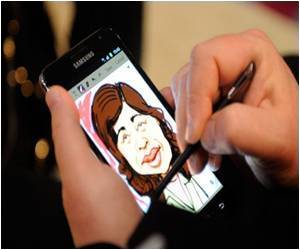
"We actually used recordings of actors reading out the date of the month - it really doesn't matter what they say, it's how they're saying it is what we're interested in," said Wendi Heinzelman, professor of electrical and computer engineering at the Rochester University.
Heinzelman explained that the programme analyzes 12 features of speech, such as pitch and volume, to identify one of six emotions from a sound recording. And it achieves 81 percent accuracy - a significant improvement on earlier studies that achieved only about 55 percent accuracy, according to a Rochester statement.
The research has already been used to develop a prototype of an app. The app displays either a happy or sad face after it records and analyzes the user's voice. It was built by one of Heinzelman's graduate students, Na Yang, during a summer internship at Microsoft Research.
"The research is still in its early days," Heinzelman added, "but it is easy to envision a more complex app that could use this technology for everything from adjusting the colours displayed on your mobile to playing music fitting to how you're feeling after recording your voice."
Heinzelman and her team are collaborating with Rochester psychologists Melissa Sturge-Apple and Patrick Davies, who are currently studying the interactions between teens and parents.
Advertisement
Teaching a computer to understand emotions begins with recognizing how humans do so. "You might hear someone speak and think 'oh, he sounds angry!' But what is it that makes you think that," asks Sturge-Apple.
Advertisement
These findings will be presented Wednesday at the Institute of Electrical and Electronics Engineers Workshop on Spoken Language Technology.
Source-IANS











